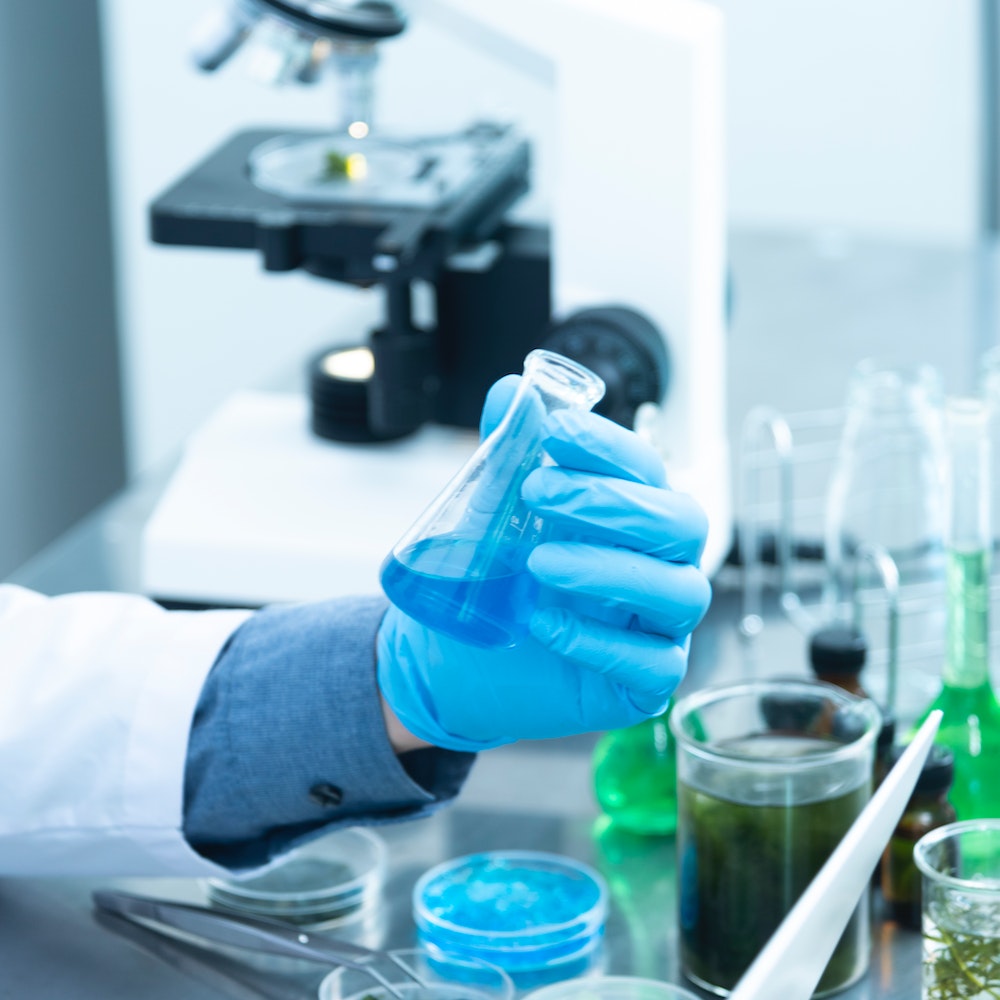Suppose your organization owns a laboratory or depends on one’s results to produce a good or service. You might have come across the word ‘ISO 17025’ in that case. But what is ISO 17025, might one ask?
What is ISO 17025?
ISO 17025 Laboratory Management System is the leading international standard that describes the general requirements for laboratories’ competence, impartiality, and consistent operation. It was developed by the International Organization for Standardization (ISO) and has been used since 1999.
This accreditation standard is very common to the ISO 9001 standard. However, it has more specificity in the requirements for competence for all laboratories, regardless of size or extent of the scope, that produces testing and calibration results.
It is of utmost importance to understand that ISO 17025 is not a certification but a standard that specifies requirements for a quality management system. This is also referred to as accreditation.
Both certifications and accreditations are essential to ISO and Quality Management Systems; however, even though they are similar, they differ in their meaning, albeit used interchangeably. ISO accreditation is granted to organizations for certain activities, while ISO certification covers the company as a whole. This means that ISO accreditation is a recognition of the competence to work to specified standards and, for this reason, normally encompasses the principle of quality management systems
This standard aims to ensure that testing and calibration laboratories provide competent services to their clients by defining how they should operate to achieve this goal. It seeks to provide confidence in the results provided by a laboratory and also aims to protect clients from poor quality test results by setting out requirements for operational procedures within a laboratory (including documentation).
The standard is designed as an international standard because many different types of organizations perform testing or calibrating activities; these include industrial manufacturing companies, government agencies, universities, and research institutions. The same principles apply regardless of who performs the tests or calibrations or what equipment is used.
So, ultimately, ISO 17025 accreditation will allow laboratories to implement a quality management system (QMS) to improve their ability and be consistent and repeatable in their results. The QMS will give the basis for accreditation from an accredited body (national body), which will formally recognize a demonstration of competence. This QMS is a prerequisite for a lab to become accredited.
Do Industries need ISO 17025 Laboratory Management System?
ISO 17025 is typically focused on the technical competence of analysis, be it the actual testing of products or specialized software relating to calculations.
This accreditation mainly applies to laboratories because it assures that they operate effectively and safely. Laboratories can enhance their facilities and receive professional recognition from a well-known and reputable organization by following the guidelines provided in this collection of ISO standards.
However, ISO 17025 is not only for laboratories but also for regulatory agencies, certification bodies, peer-reviewing schemes, and laboratory clients, among others. Many regulatory bodies and suppliers won’t accept a lab’s testing and calibration results as reliable if it doesn’t have an ISO 17025 accreditation. Many rely on ISO 17025 for testing and calibration because numerous organizations, authorities, and clients can use it.
The following are further examples where ISO 17025 Laboratory Management System is deemed critical:
- Analysis laboratories, for example, water, petroleum, dairy
- Regulatory authorities
- Healthcare – microbiological testing, DNA, testing of cleanrooms
- Construction laboratories – concrete products, asphalt
- Software inspection – testing online gaming systems
- Environmental – ambient air quality, soils and land, marine sediments, calibration bodies








